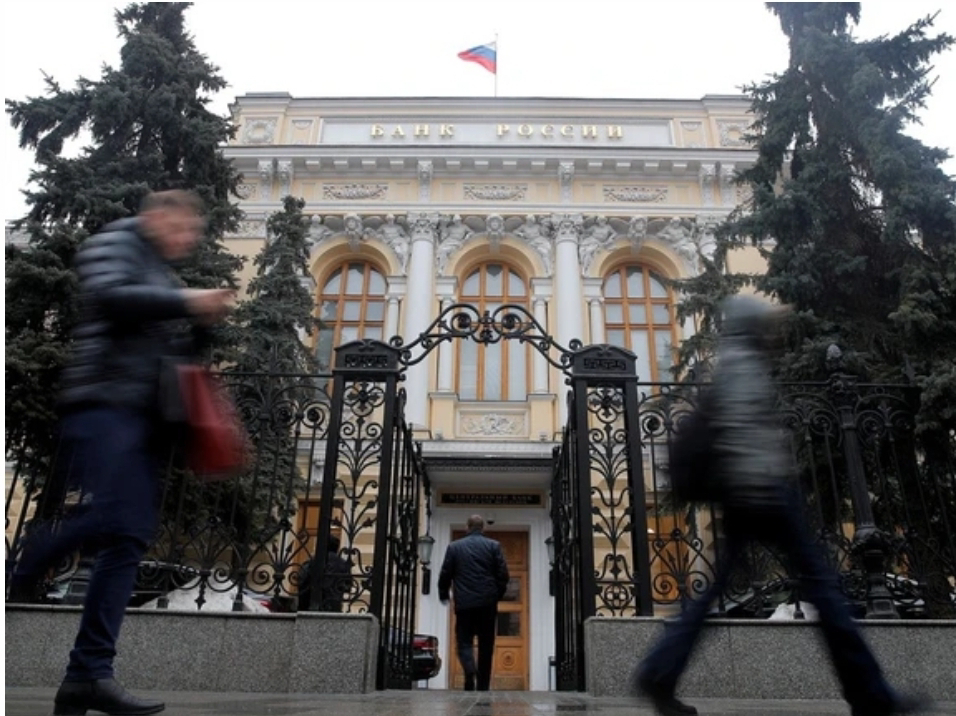Menteri Warisan Kanada Steven Guilbeault tidak akan mengatakan apakah Bill C-10 akan memberi CRTC kekuatan untuk mengatur algoritme yang memutuskan apa yang Anda lihat di Facebook, Instagram, dan YouTube Anda.
Masalah muncul ketika dia duduk di kursi panas di komite warisan Kanada pada hari Jumat, di mana anggota parlemen menekannya pada sejumlah masalah yang berkaitan dengan RUU C-10, yang bertujuan untuk memodernisasi Undang-Undang Penyiaran.
“Saya hanya ingin tahu apakah CRTC akan memiliki kekuatan untuk mengatur algoritma,” tanya anggota parlemen Konservatif Rachael Harder selama pertemuan.
Guilbeault tidak akan memberikan jawaban yang pasti.
“Konsep keterungkapan adalah memastikan bahwa sebagai bagian dari platform ini, konten Kanada menjadi lebih terlihat…untuk orang Kanada atau, sebenarnya, untuk ditonton atau dilihat oleh setiap penonton. Tidak akan ada persyaratan, jelas, untuk pengguna, ”katanya.
Ketika Harder menyarankan bahwa ini terdengar seperti ya, Guilbeault menjawab bahwa jawabannya adalah "bukan ya." Dia tidak, bagaimanapun, memperluas lebih jauh - membiarkannya di udara apakah RUU itu akan memberdayakan CRTC untuk mengatur algoritma media sosial.
Secara umum, RUU tersebut bertujuan untuk memodernisasi Undang-Undang Penyiaran – yang mengalami reformasi besar terakhir pada tahun 1991 sebelum internet tersedia secara luas – untuk mencerminkan fakta bahwa orang Kanada mengonsumsi hal-hal seperti musik dan film secara berbeda saat ini, sering kali menggunakan layanan streaming atau media sosial. Ia berharap untuk memperluas persyaratan konten Kanada ke platform online ini, memastikan perusahaan membayar dana budaya dan menampilkan sejumlah konten Kanada.
RUU C-10 menjadi sumber perselisihan parlementer setelah Liberal menghapus bagian dari RUU yang melindungi konten yang dibuat pengguna dan membebaskannya dari peraturan, yang berarti posting Facebook dan Instagram Anda tidak akan tunduk pada aturan CRTC.
Bagian 4.1 dari undang-undang yang diusulkan awalnya mengecualikan semua platform media sosial dari peraturan CRTC, terlepas dari kenyataan bahwa mereka bertanggung jawab atas sebagian besar kebiasaan konsumsi Kanada saat ini.
Itulah pemikiran di balik keputusan kaum Liberal untuk menghapus bagian dari undang-undang — tetapi langkah itu juga membuka pintu bagi regulasi CRTC atas konten yang dibuat pengguna, seperti video YouTube Anda.
Dan sementara itu tergantung pada CRTC untuk merancang persis seperti apa peraturan itu, para ahli telah memperingatkan ini dapat memungkinkan CRTC untuk mengatur apa pun yang mereka inginkan di media sosial.
“Efek dari penghapusan adalah mengambil posisi bahwa semua konten buatan pengguna, semua video TikTok, unggahan Instagram, video YouTube dan sejenisnya … semua konten itu tunduk pada peraturan CRTC,” jelas Michael Geist, yang memegang Canada Research Ketua Hukum Internet dan E-commerce di Universitas Ottawa, dalam sebuah wawancara dengan Global News tak lama setelah bagian 4.1 dihapus.
Canadian Heritage Minister Steven Guilbeault won’t say whether Bill C-10 will give the CRTC the power to regulate the algorithms that decide what you see on your Facebook, Instagram and YouTube.
The issue came up when he sat in the hot seat at the Canadian heritage committee on Friday, where MPs pressed him on a number of issues related to Bill C-10, which aims to modernize the Broadcasting Act.
“I just was wondering if the CRTC will have the power to regulate algorithms,” asked Conservative MP Rachael Harder during the meeting.
Guilbeault would not provide a definitive answer.
“The concept of discoverability is ensuring that as part of these platforms, Canadian content becomes more visible…for Canadians or, actually, any audience to watch or see. There won’t be any requirement, obviously, for users,” he said.
When Harder suggested that this sounded like a yes, Guilbeault replied that his answer was “not a yes.” He did not, however, expand further — leaving it up in the air whether the bill would empower the CRTC to regulate social media algorithms.
Broadly, the bill aims to modernize the Broadcasting Act — which saw its last major reform in 1991 before the internet was widely available — to reflect the fact that Canadians consume things like music and movies differently nowadays, often using streaming services or social media. It hopes to extend Canadian content requirements to these online platforms, ensuring the companies pay into cultural funds and display a certain amount of Canadian content.
Bill C-10 became a source of parliamentary discord after the Liberals removed a section of the bill that protected user-generated content and exempted it from regulation, meaning your Facebook and Instagram posts wouldn’t have been subject to CRTC rules.
Section 4.1 of that proposed legislation originally exempted all social media platforms from CRTC regulation, despite the fact that they account for a significant portion of Canada’s consumption habits today.
That was the thinking behind the Liberals’ decision to drop the section from the bill — but the move also opened the door to CRTC regulation of user-generated content, like your YouTube videos.
And while it’ll be up to the CRTC to draft exactly what those regulations might look like, experts have warned this could allow the CRTC to regulate anything they’d like on social media.
“The effect of the removal is to take the position that all user-generated content, all TikTok videos, Instagram uploads, YouTube videos and the like … all that content is subject to CRTC regulation,” explained Michael Geist, who holds the Canada Research Chair in Internet and E-commerce Law at the University of Ottawa, in an interview with Global News shortly after section 4.1 was removed.



Komentar